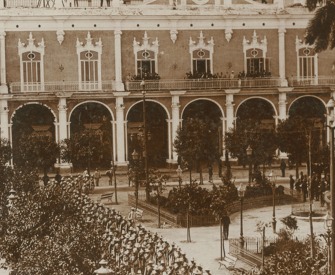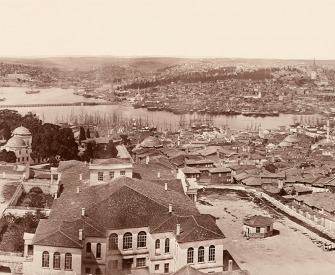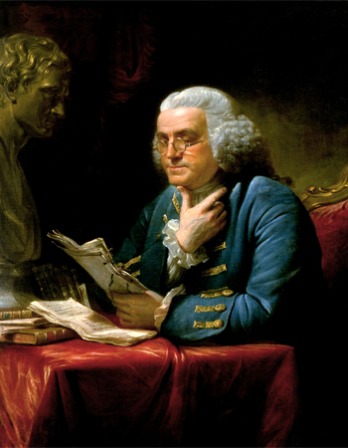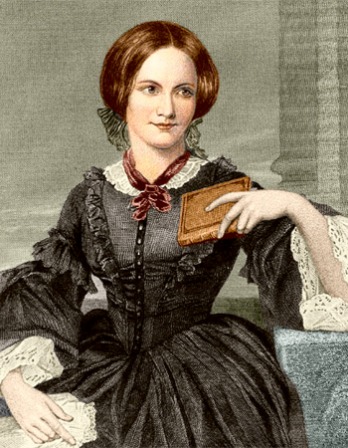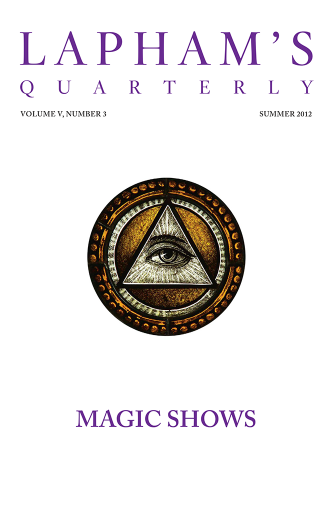Travel? One need only exist to travel. I go from day to day, as from station to station, in the train of my body or my destiny, leaning out over the streets and squares, over people’s faces and gestures, always the same and always different, just like scenery.
If I imagine, I see. What more do I do when I travel? Only extreme poverty of the imagination justifies having to travel to feel.
“Any road, this simple Entepfuhl road, will lead you to the end of the World.” [Thomas Carlyle] But the end of the world, when we go around it full circle, is the same Entepfuhl from which we started out. The end of the world, like the beginning, is in fact our concept of the world. It is in us that the scenery is scenic. If I imagine it, I create it; if I create it, it exists; if it exists, then I see it like any other scenery. So why travel? In Madrid, Berlin, Persia, China, and at the North or South Pole, where would I be but in myself, and in my particular type of sensations?
Life is what we make of it. Travel is the traveler. What we see isn’t what we see but what we are.
From The Book of Disquietude. The Portuguese modernist poet published many of his works under a series “heteronyms,” literary alter egos for whom he created complex, overlapping biographies and opposing worldviews. He died in 1935 at the age of forty-seven in Lisbon, all but unknown outside of his country.
Back to Issue

